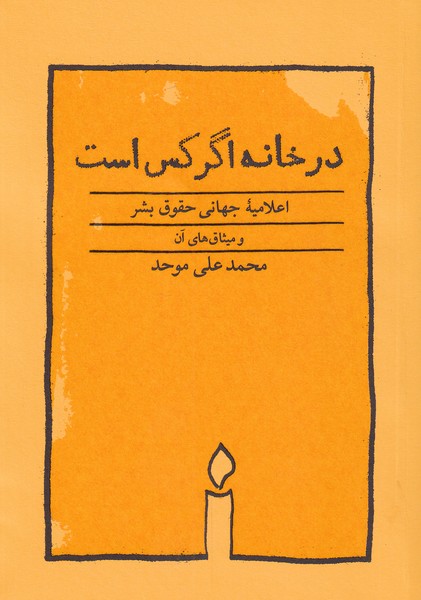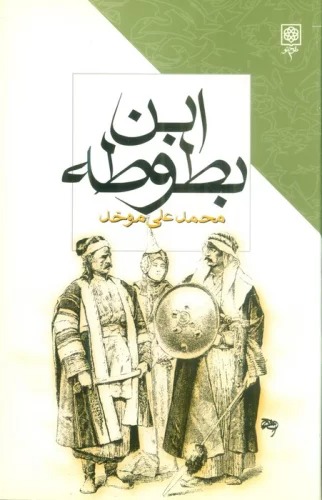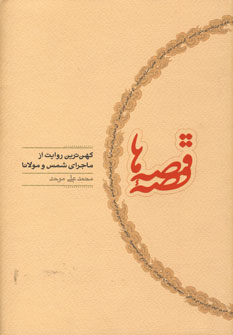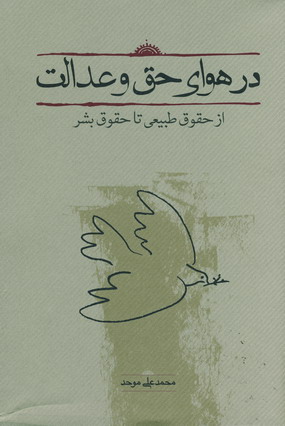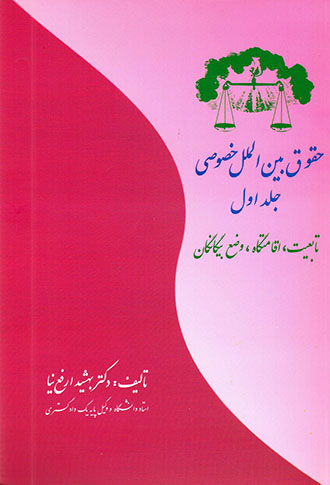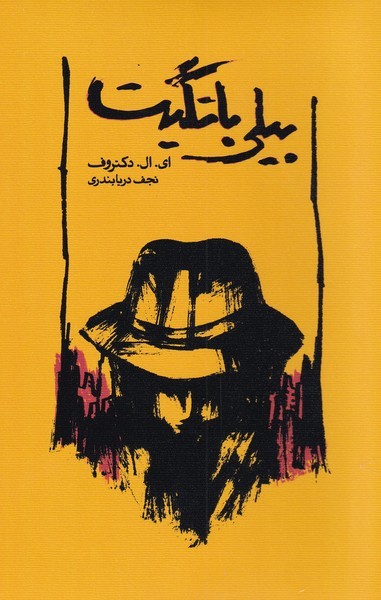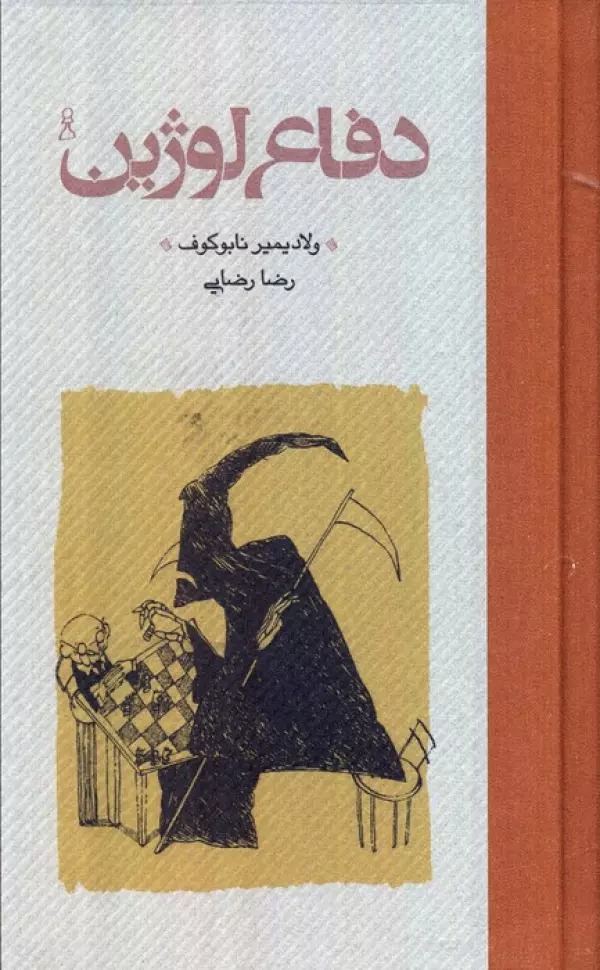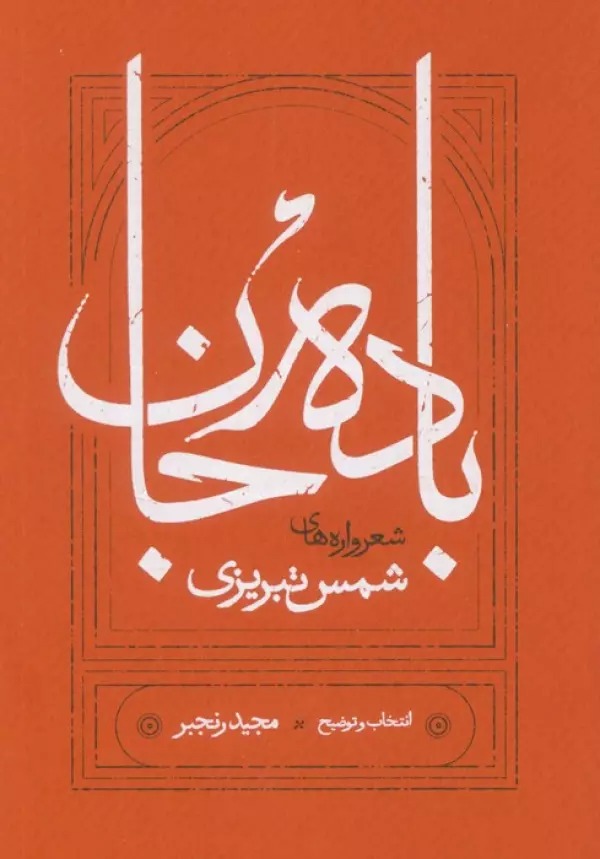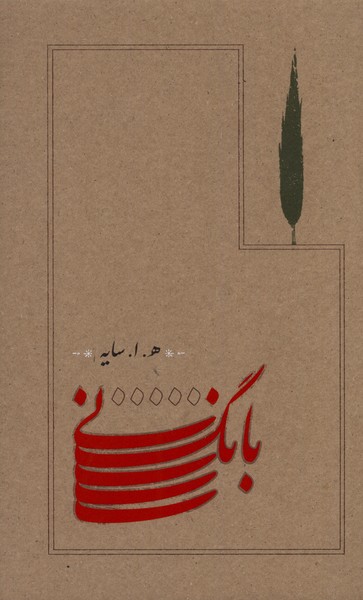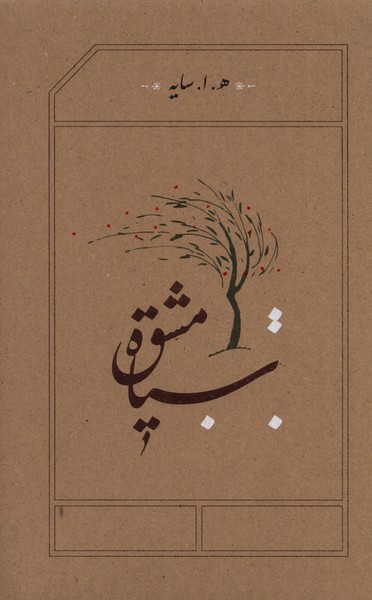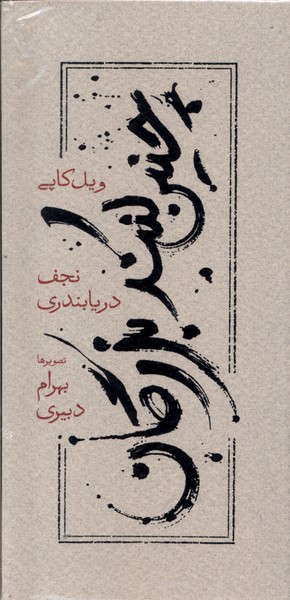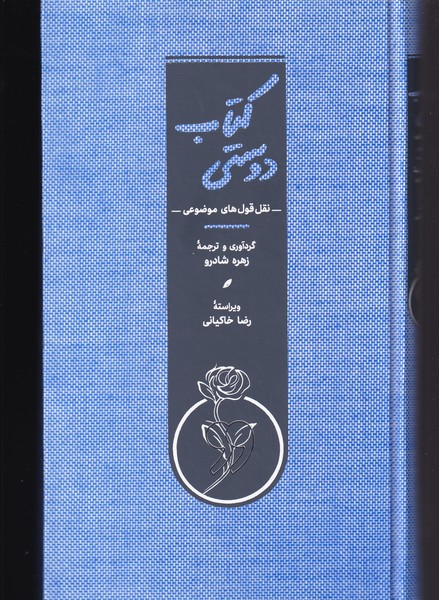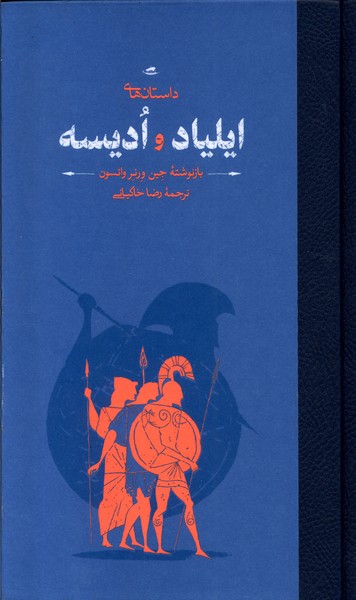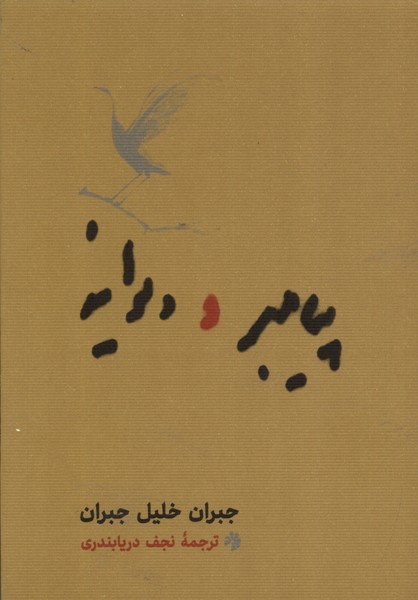در خانه اگر کس است الفارسية 1401
Dar khanah agar kas ast
15٫75 $
مشاركة
Wishlist
"If there is someone at Home" written by "Mohammed Ali Mohad", is a book that contains the "Universal Declaration of Human Rights and its covenants". Professor "Mohammed Ali Mohad" has written this book in two chapters, the second chapter consists of three essays. In the first chapter of the book "If there is anyone in the House", the author has taken into consideration international human rights and emphasized the necessity of government intervention and non-intervention in this field. In this section, rights and freedoms are graded, and rights are also classified through the lens of purpose and meaning. "Mohammed Ali Mohd" also examines human rights in interaction with the government and points out the importance of desecrating power. Among the other issues discussed in this chapter of the book "If there is anyone at Home" are the social contract and Hobbes and Locke's reading of it, the freedom of action of governments in internal matters, the three basic principles of human rights, the problems and characteristics of rights. Bishr pointed out the critics of human rights from Burke to Solzhenitsyn and Marx and the instrumental approach to human rights.
The second chapter of the book examines three major victories in three essays, the first of which is the victory on the front of old thinking, and it deals with human rights and its religious roots. The second case is the issue of slavery, which "Mohammed Ali Mohd" considers a disgrace on the forehead of humanity, and by examining historical records, he examines the origin of slavery until its prohibition. The last essay deals with the theory of sovereignty, its background, and its abuses, and after this last essay, the "Universal Declaration of Human Rights and its Covenants" is presented to the reader with designs by "Ardeshir Rostami".
more
"در خانه اگر کس است" نوشتهی "محمدعلی موحد"، کتابی است که حاوی "اعلامیه جهانی حقوق بشر و میثاق های آن" میباشد. استاد "محمدعلی موحد" این کتاب را در دو فصل به نگارش در آورده که فصل دوم خود از سه جستار تشکیل شده است. در نخستین فصل کتاب "در خانه اگر کس است"، نویسنده حقوق جهانی بشر را مدنظر قرار داده و بر ضرورت موارد مداخله و عدم مداخلهی دولت در این زمینه، تاکید کرده است. در این بخش حقوق و آزادیها درجهبندی شدهاند و حقوق از دریچهی هدف و وسیله نیز مورد طبقهبندی قرار گرفته است. "محمدعلی موحد" حقوق بشر را در تعامل با دولت نیز بررسی کرده و به اهمیت قداستزدایی از قدرت اشاره میکند. از دیگر مواردی که در این فصل از کتاب "در خانه اگر کس است" به آن پرداخته شده میتوان به قرارداد اجتماعی و قرائت هابز و لاک از آن، آزادی عمل دولتها در مسائل داخلی، سه اصل اساسی در حقوق بشر، مشکلات و ویژگیهای حقوق بشر، منتقدان حقوق بشر از برک تا سولژنیتسین و مارکس و نگرش ابزاری به حقوق بشر، اشاره نمود.
فصل دوم کتاب، سه پیروزی بزرگ را در سه جستار بررسی میکند که نخستین مورد، پیروزی در جبههی کهنهاندیشی میباشد و در آن به حقوق بشر و ریشههای دینی آن پرداخته میشود. مورد دوم مسالهی بردگی است که "محمدعلی موحد" آن را همچون داغ ننگ بر پیشانی بشریت میداند و با بررسی سوابق تاریخی، پیدایش بردگی تا منع آن را زیر ذرهبین میبرد. آخرین جستار، به نظریهی حاکمیت، پیشزمینههای آن و سوءاستفادههایی که از آن صورت میگیرد، پرداخته و پس از این آخرین جستار، "اعلامیه جهانی حقوق بشر و میثاق های آن" با طرحهایی از "اردشیر رستمی" به خواننده ارائه شده است.
more

